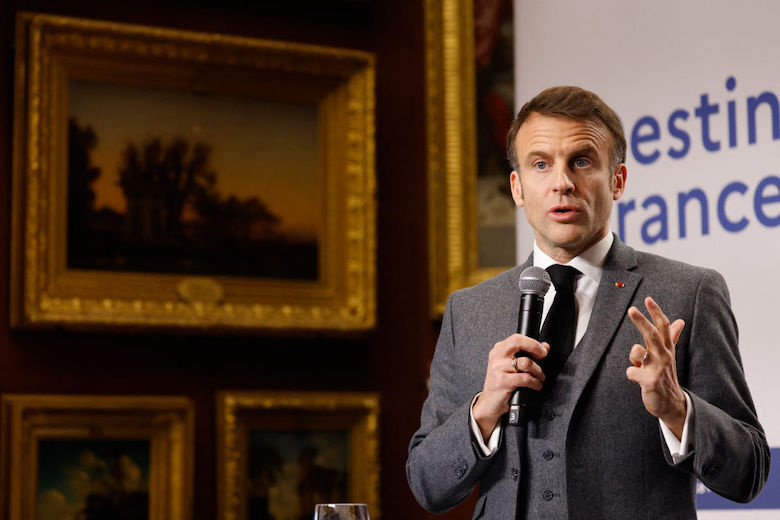For the past week the airwaves in France have eulogised Robert Badinter, a name unfamiliar to many outside the Republic. He was the Justice Minister under François Mitterrand and the man who oversaw the abolition of the death penalty in 1981.
On Wednesday Emmanuel Macron presided over what was billed as a national act of remembrance.
Already a subscriber? Log in
Subscribe for just $2 a week
Try a month of The Spectator Australia absolutely free and without commitment. Not only that but – if you choose to continue – you’ll pay just $2 a week for your first year.
- Unlimited access to spectator.com.au and app
- The weekly edition on the Spectator Australia app
- Spectator podcasts and newsletters
- Full access to spectator.co.uk
Or





















Comments
Don't miss out
Join the conversation with other Spectator Australia readers. Subscribe to leave a comment.
SUBSCRIBEAlready a subscriber? Log in